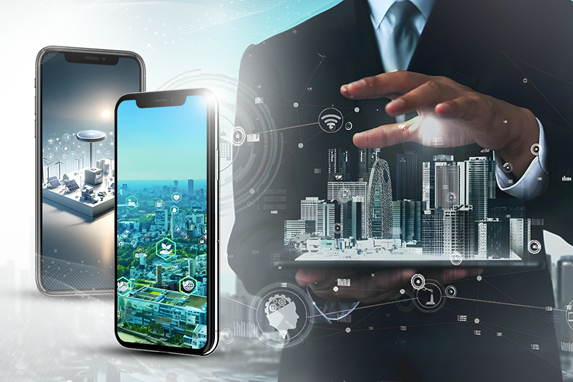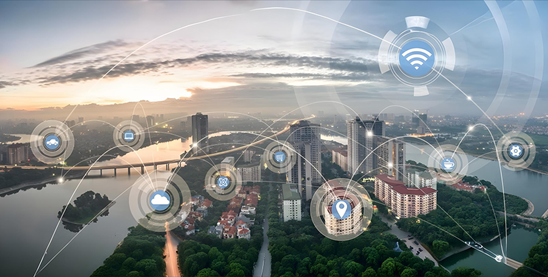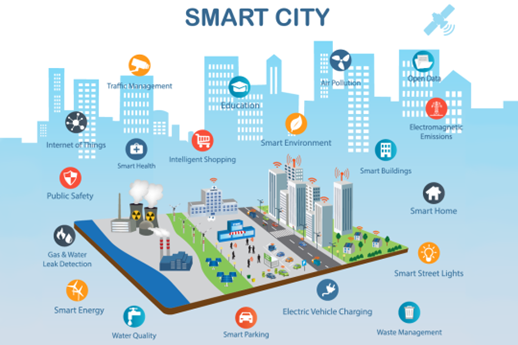Technological Innovations Revolutionizing Smart Cities
As urban populations grow and technology advances, the concept of “smart cities” is rapidly becoming a cornerstone of modern urban development. A smart city leverages advanced technologies to enhance the quality of life for residents, improve sustainability, and streamline urban services. From energy management to transportation, the technological innovations drivng these transformations are not just reshaping cities but also setting the stage for the cities of tomorrow.
One of the most impactful innovations in smart cities is the deployment of Internet of Things (IoT) devices. IoT-enabled sensors are being integrated into infrastructure across the city—from streetlights and traffic signals to waste management and water systems. These sensors gather real-time data, which is then analyzed to optimize city operations. For instance, IoT-powered smart streetlights adjust their brightness based on pedestrian and vehicle movement, reducing energy consumption and lowering costs.
Smart transportation is another game-changing aspect of urban innovation. Autonomous vehicles, electric buses, and real-time traffic management systems are improving both the efficiency and environmental impact of urban mobility. In cities like Singapore, smart traffic lights adjust in real-time to alleviate congestion, while electric scooters and bikes are helping residents navigate congested areas in an eco-friendly way. Additionally, vehicle-to-infrastructure communication (V2I) allows cars to communicate directly with traffic systems, optimizing routes, reducing accidents, and improving safety.
Energy efficiency is also a critical component of the smart city framework. Many cities are investing in smart grids that enable the real-time monitoring of electricity consumption and allow for better integration of renewable energy sources. For example, in Amsterdam, the use of smart meters and energy-efficient buildings has led to significant reductions in energy use. Smart grids can automatically detect outages and reroute power to ensure minimal disruption, all while helping cities meet their carbon-reduction goals.
Moreover, artificial intelligence (AI) and big data are providing cities with the tools to predict and manage future urban needs. AI systems analyze patterns in traffic, energy usage, and public services to create actionable insights, helping municipalities make data-driven decisions that improve efficiency, reduce waste, and enhance citizen engagement.
In conclusion, technological innovations in smart cities are ushering in an era of unprecedented urban development. By harnessing IoT, AI, smart grids, and other technologies, cities are not only becoming more sustainable but are also fostering a new era of convenience and efficiency for residents. As these innovations continue to evolve, they promise to redefine the future of urban living, ensuring that our cities are not just smart but also more resilient, inclusive, and adaptable to the challenges of tomorrow.
Post time: May-11-2025






